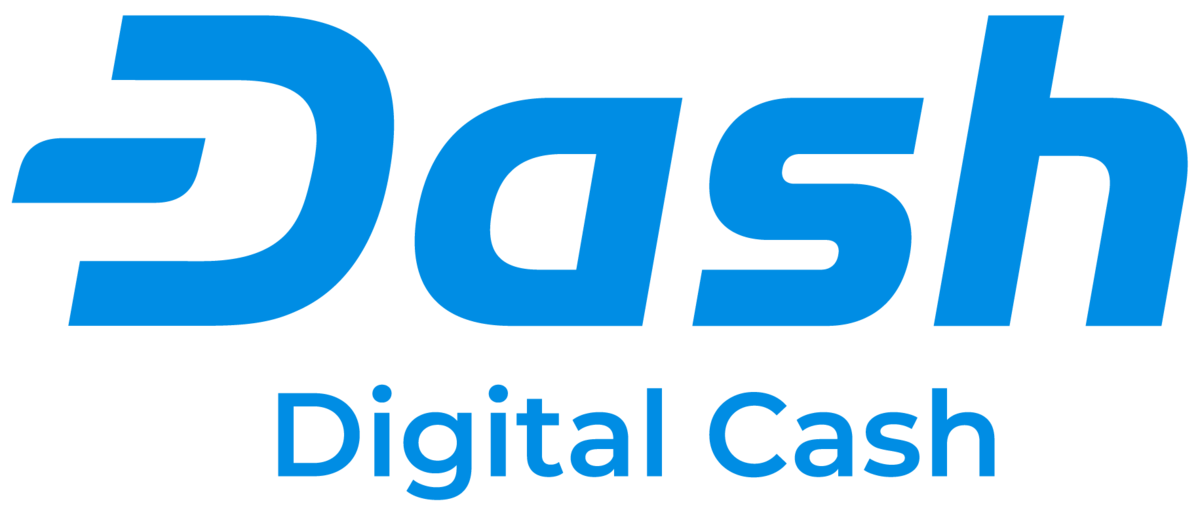Dash, which offers a different payments system with linked wallets designed to allow communication between mobile payments and bank accounts in Africa, has supposedly temporarily suspended its founder and CEO, Prince Boakye Boampong, pending an inquiry into improper financial behavior, as per people with an understanding of the situation.
Boampong co-launched OMG Digital, a YC-backed Ghanaian media firm, in 2016, making him one of Africa's most well-known serial entrepreneurs. He created the Ghanaian fintech in 2019. Kenneth Kinyua, the former CEO of Pan-African payments startup Kopo Kopo, who has since joined Dash in a regional leadership role in East Africa, has been appointed to fill his position in the interim by the board. Kinyua will serve as the temporary chief executive officer for the time being.
Also Read: Microsoft Acquires Activision Blizzard For $68.7 billion
Dash’s Investment Rounds
Dash, a startup started in Ghana with headquarters in New York, has secured $32.8 million in equity funding from investors, including Insight Partners, Global Founders Capital, 4DX Ventures, and ASK Capital. According to the sources, the seed round valued Dash at a little over $200 million, making it the second biggest investment in 2019. PalmPay raised $40 million in its seed round in 2018. Also, Insight Partners' participation in Flutterwave's Phase C round in 2021 marked the company's first lead investment in an African firm.
Dash's original goal was to raise $8 million, or approximately a fourth of the total amount it eventually raised of over $30 million. By October 2021, having attracted 200,000 users and handling $250,000,000 in transaction volume, it had accomplished its goal. Dash had one million users from Ghana, Kenya, and Nigeria by March 2022, five months after its initial seed tranche, according to an interview Boampong gave that month. Throughout five months, transaction volume increased by a factor of four, while the number of users increased by five. Dash attracted additional investors when it relaunched and quadrupled its seed round thanks to its quick expansion and the fintech boom of 2020–2021, which continued into the first quarter of 2022.
The Beginning of Trouble
It now seems that Dash may have needed to be forthright about the user and transaction sales volume it recorded during that brief time, given its growth metrics were quite different from what is often seen surrounding the scaling of other consumer fintech in Africa.
The board announced its interim CEO appointment, saying it "is confidence in Mr. Kinyua's leadership and capacity to execute Dash's aim to develop a unified payments system meant to boost efficiency and availability for how Africans transfer digital money."
However, those conversant with the company's inner workings claim that management has routinely hidden financials from employees and has portrayed a chaotic environment in which workers are let go or leave at whim. Few African founders took part in the worldwide practice of selling shares in a secondary sale during the VC boom of the previous two years, but those that do say the founder sold millions of dollars worth of shares.
An Overview of Dash
Dash is a consolidated payment program allowing users to send and receive money using mobile wallets and conventional banking systems. The financial technology operates similarly to Visa and Mastercard in that all payments are processed via banks and telecommunications providers. For example, users in Ghana, Nigeria, and Kenya may link their banks or mobile payment accounts to Dash, allowing them to pay bills, send and receive money, and have the platform manage currency changes. The company, which has been around for four years and obtained $20 million in debt financing from TriplePoint Capital in October of last year, makes money via processing fees, savings, foreign exchange fees, bill payments, and membership fees.
Featured image: Dash
Subscribe to Whitepapers.online to learn about new updates and changes made by tech giants that affect health, marketing, business, and other fields. Also, if you like our content, please share on social media platforms like Facebook, WhatsApp, Twitter, and more.

